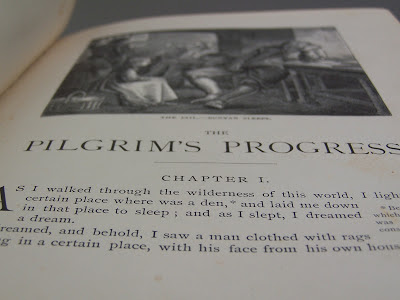In Other Words
I have come to the discovery that I
like…words. This will come as a shock and surprise to more than a half dozen
English teachers I have frustrated over the years. This
word interest must have come from my grandfather who enjoyed crossword puzzles,
Scrabble and his unabridged Webster’s dictionary. He commanded a large repertoire of word definitions and
their etymological roots. I on the other
hand prefer word play, the turn of a phrase and creative expressions.
Words paint pictures and
articulate ideas. They parse nuanced
meaning and convey emotion. They are
inspired and inspirational.
At
their most basic level words are used for communication – to teach algebra,
give directions, sell tomatoes and buy insurance. At a much deeper and personal level words are
used for communion – to develop trust, nurture intimacies, express love and give
affirmation.
Poets,
song writers and novelists have been conferred the guardianship of imaginative
word use. Maybe it would be more precise
to say that guardianship has been abandoned to them. William Safford was once asked in a
interview, ‘When did you decide to become a poet?’ He responded that the question was put
wrongly: ‘Everyone is born a poet –a person discovering the way words sound and
work, caring and delighting in words. I
just kept on doing what everyone starts out doing. The real question is why did other people
stop?”
Of
all people we have reason not to abandon a romance with words. After all the total package of the gospel is
best given in a way that captures the heart.
God’s plan for human flourishing is best wrapped in a way that engages
the mind. The biblical narrative arc of
redemption and restoration is best told when it captures the imagination. In other words we have an adventure to convey,
wonder to express and an epic to tell.









